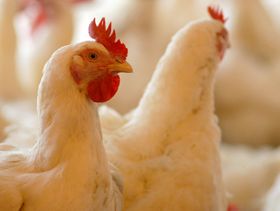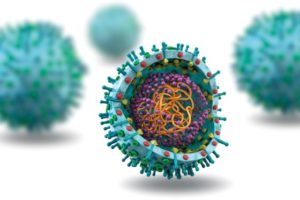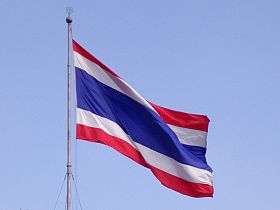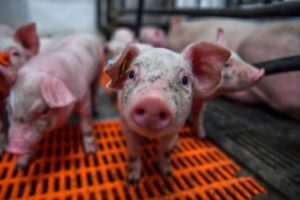THAILAND – The animal welfare movement has become global in its push to help billions of animals live in better conditions
However, it has a deeper meaning in livestock businesses. For Thai food producers, high welfare products are not about offering alternative choices to consumers, but has become the only way to do business.
In recent years, food producers are facing a lot of pressure from the public. For example, consumers are demanding products from ethical companies while campaigners are urging the distributors to choose responsible producers.
A lot of effort is required to meet such demands. However, good welfare practices will help to produce better meats.
Responsible farming is good for animals, business and consumers, said Mr Somsak Soonthornnawaphat, head of campaigns at World Animal Protection (WAP) Thailand.
Taking pigs as an example, he explained that pigs are often raised in crowded farms. Applying animal welfare practices will help them to behave naturally. It can reduce stress as well as injury and infection in animals. Furthermore, it lowers any chance of having to use antibiotics, increasing food safety and quality.
Dr Payungsak Somyanontanakul, DVM, vice president at Charoen Pokphand Foods (CP Foods), a leading poultry producer and exporter in Thailand, described animal welfare as the heart of CP Foods’ livestock business.
Dr Payungsak explained that the company’s animal welfare practices are adopted from the internationally recognised Five Freedoms of animal welfare, which consist of freedom from hunger and thirst, freedom from discomfort, freedom from pain, injury or disease, freedom to express normal behaviour and freedom from fear and distress.
How a high-tech farm improves animals’ wellbeing
CP Foods’ poultry farms are equipped with advanced technologies such as Evaporative Cooling Systems (EVAP), a system which manages the environment within the farm and was installed to help chickens feel comfortable.
Automatic feeding systems are provided to ensure that the chickens are fed sufficiently. Lighting and temperature are controlled to make the chickens feel like they are living in the natural environment as much as possible.
The environmental control housing system also reduces chances of disease expose for our chickens.
All animals are closely monitored by veterinarians and Poultry Welfare Officers (PWO) who can promptly provide medical treatment to all sick chickens.
As a result, these practices help birds to stay healthy, reduce antimicrobial use and help them to grow faster without using any hormonal growth promoters.
We are invested in welfare practices and approaches and strive constantly to improve our welfare systems. We would like to raise the baseline for animal welfare standards for the benefit of consumers and everyone involved in the livestock industry, said Dr Payungsak.
Source:PoultrySite.com



